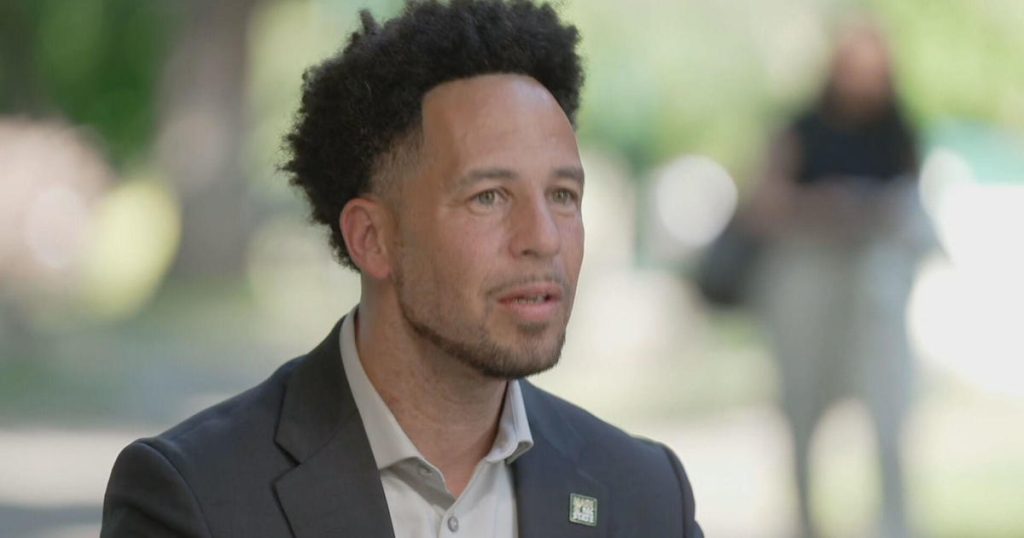Sacramento State University President Luke Wood recently oversaw a peaceful end to a campus protest over the Israel-Hamas war. This protest, like many others across the country, came to an end through dialogue rather than violence. Wood received praise for not involving the Sacramento police and handling the situation in a peaceful manner. Wood, who grew up in foster care and faced struggles like hunger and homelessness, emphasized the importance of taking a moral stance on world events.
Wood conducted numerous listening sessions with over 1,500 students, faculty, and staff members to hear their perspectives on the protest and related issues. The pro-Palestinian encampment at Sacramento State began on April 29 and raised concerns for Wood as he recognized the anxiety and fear it could cause among students. The university announced a new policy that directs its auxiliaries to investigate socially responsible investment strategies that do not involve direct investments in companies profiting from genocide, ethnic cleansing, and human rights violations.
Wood emphasized the importance of not investing in students’ futures through relationships with companies that profit from war. Despite potential backlash from donors and legislators, Wood expressed confidence in the decision to support the new policy. Political science major Sarah Bukhari, who participated in the encampment, shared that she felt heard and found her voice through the protest. Wood aims to create an environment where people can engage in honest and open dialogue without fear of being vilified or canceled.
Wood’s approach to handling the protest and engaging in dialogue reflects his commitment to the health, safety, and development of the campus community. By fostering an environment where differing opinions can be expressed openly and respectfully, Wood aims to create a space where individuals like Bukhari can feel heard and valued. The peaceful resolution of the protest at Sacramento State serves as an example of how dialogue and empathy can lead to productive outcomes in addressing complex and controversial issues on college campuses and beyond.


